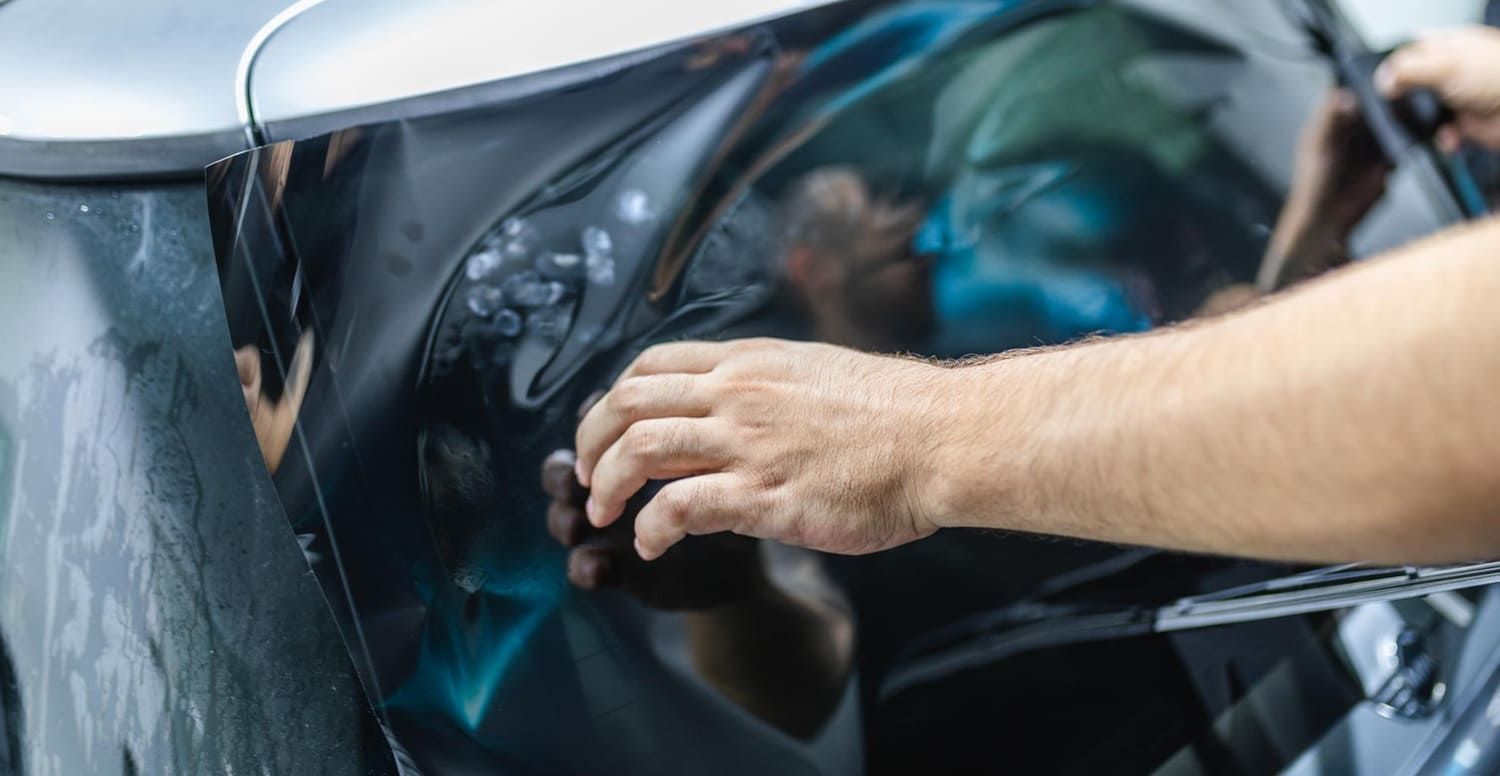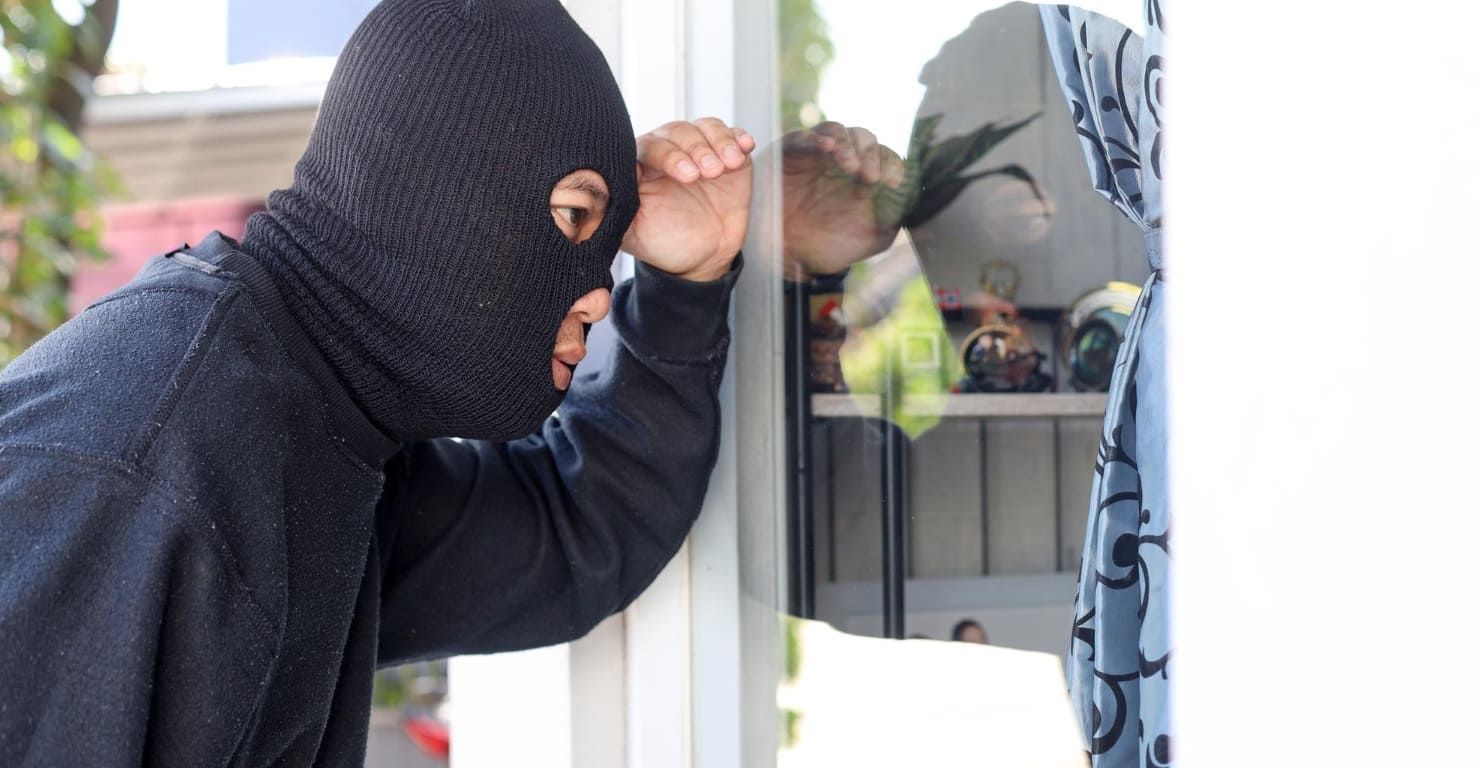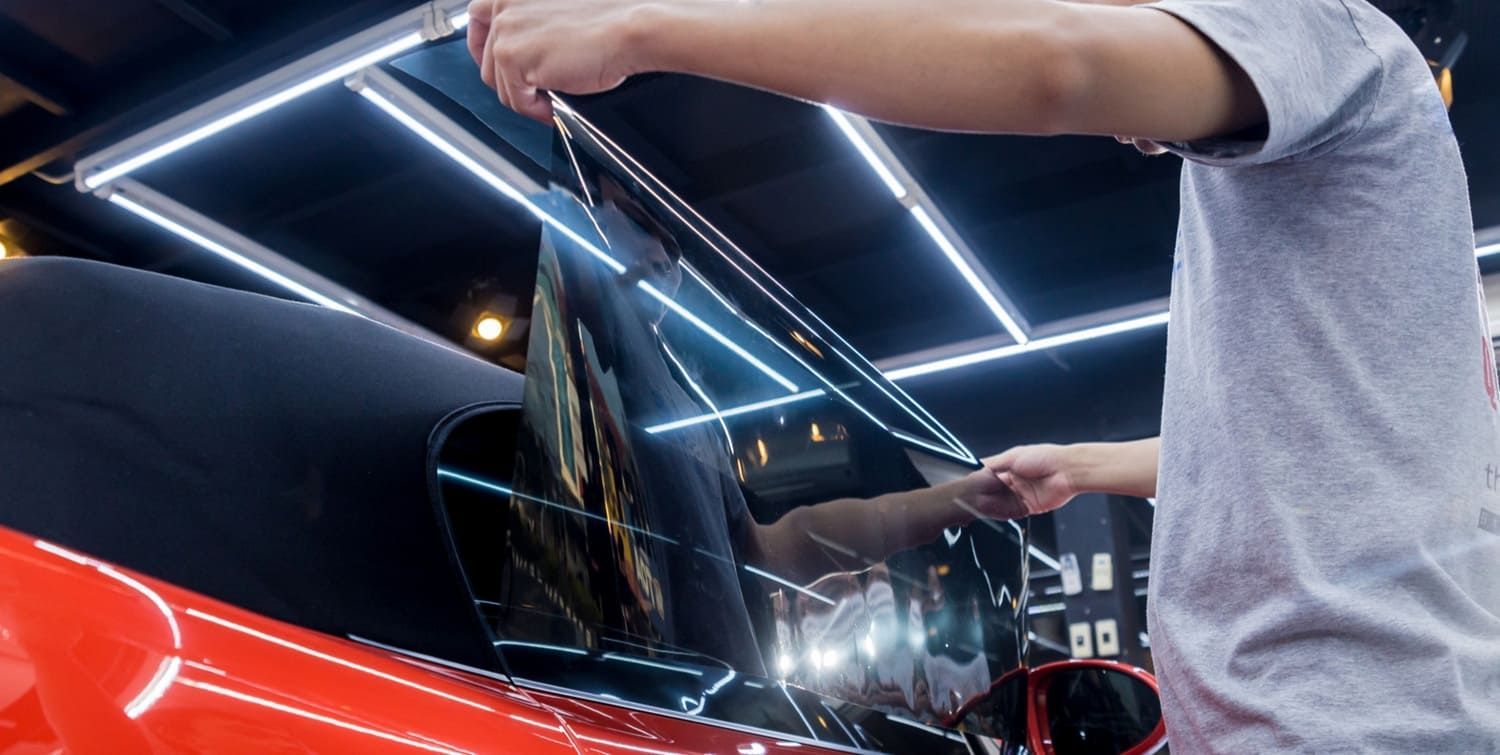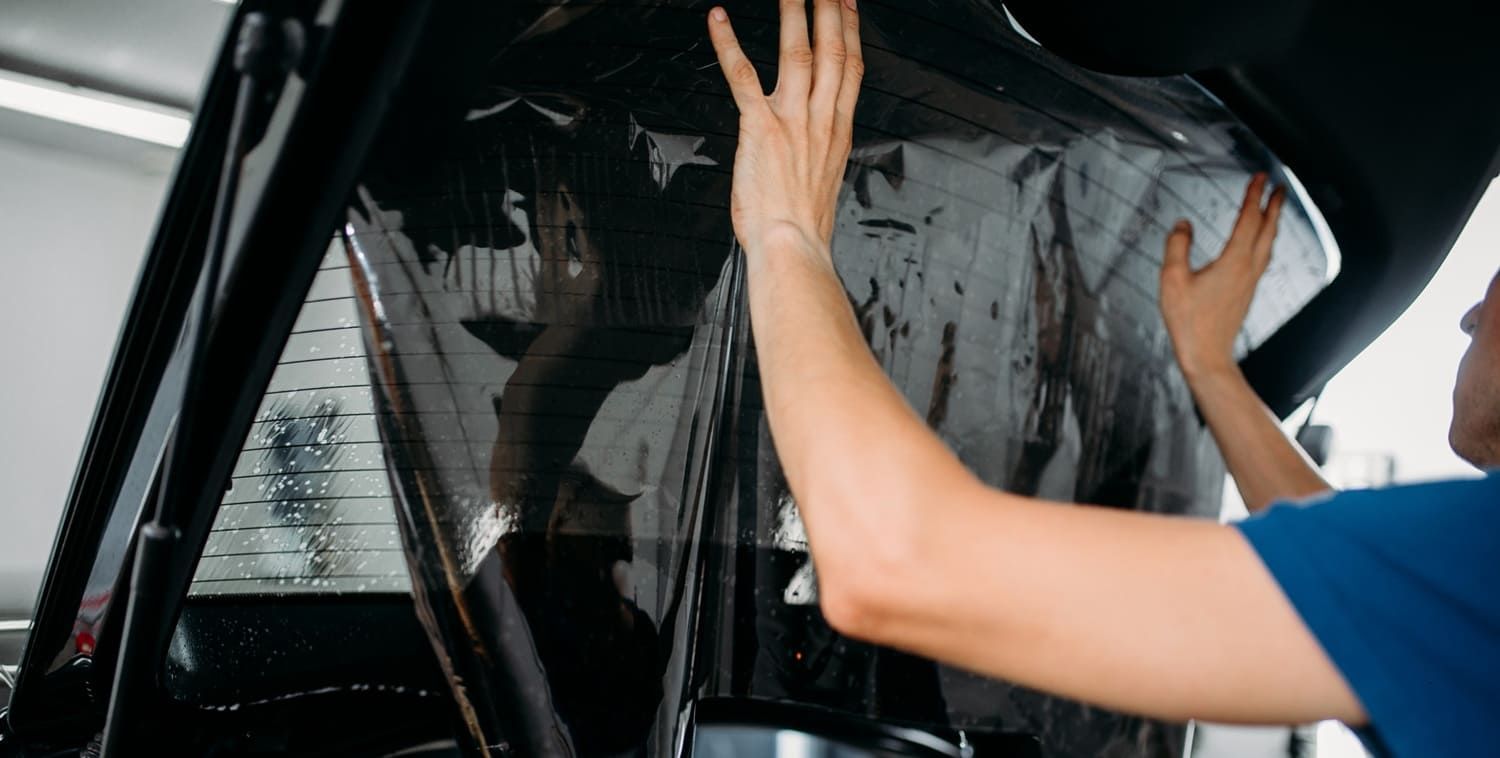What Is the Legal Level of Window Tint? What You Must Know
What is the legal level of window tint? It varies from place to place. Find out what is legal where so you can enjoy your tinted windows everywhere you go.
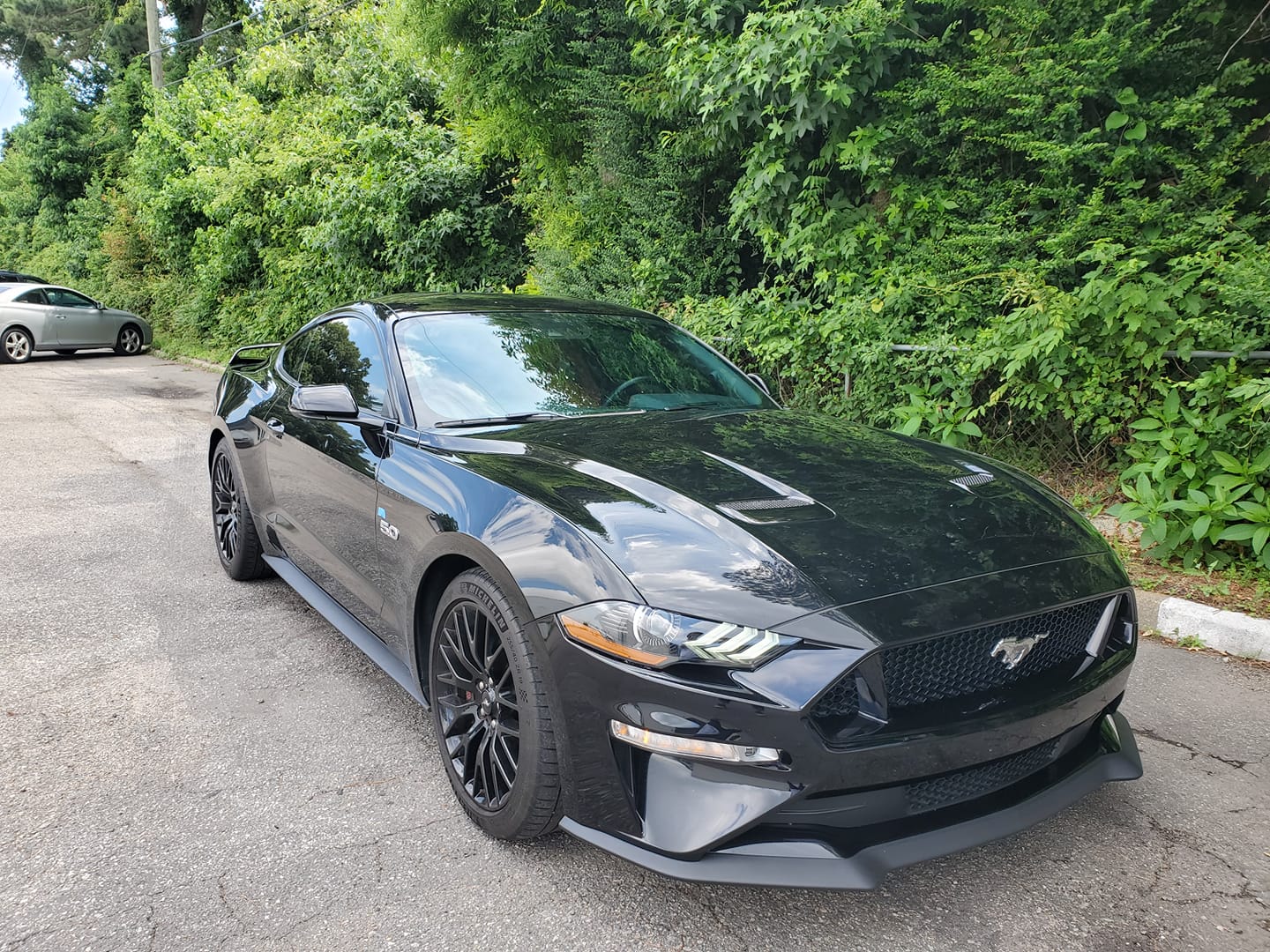
Many people have a car, but not everybody has tinted windows. Why is that?
You would think that window tinting would be more widespread, considering the value of protection against UV rays. But that's simply not the case.
Window tinting is a spectrum-percentage based affair. There are light, nearly invisible tints, as well as very dark tints. In many states, a certain level of tint can and will get you fined.
In this article, we will answer this question: What is the legal level of window tint in Virginia? We'll also discuss other constituents that make up this aesthetic practice.
So if you'd like to learn more about window tinting as a whole, keep reading.
The Basics of Window Tinting
Window tinting is a practice in which certain levels of light are prevented from passing through. In most cases, a colored film is subject to the rear and side windows, as well as the windshield.
The safety glass on most cars has already been treated and coated. This provides a minuscule degree of tint that does in fact prevent UV rays to some degree. This tinting is done on purpose.
It is usually in compliance with state and federal regulations and laws. Window tinting can also be done after-market. These tints are done by the owner or private companies.
When the laws have been violated, it's probably because of these private practices, rather than those occurring in manufacturing.
Types of Window Tinting
The vehicle code of your state might consider window tinting to be:
- A tinted film that shrinks from the heat on any windows, usually on the inside
- Sunscreen devices temporarily being placed on windows, held in place with suction cups
- A horizontal, thin strip of tint at the top of the windows, also known as shade bands
Most state regulations on window tinting are primarily concerned with luminous reflectance and light transmittance. This means how much visibility the glass allows and how much light can get through.
Therefore, illegally tinted windows allow some light to get through that is below the regulated percentage of the state. When the police witness this, they will pull over the car and explain that compliance has not been upheld. More likely than not, they'll issue the driver a citation.
Many state codes contain specific requirements for the windshield when compared against the same regulations for rear and side windows. Other codes specify that no window or windshield can have a mirrored or opaque material, a.k.a a one-way glass.
If you're considering tinted windows for your vehicle, make sure you find out what's legally allowed in your area.
Does Your Window Tint Violate the Law of Your State?
Measurements such as luminous reflectance and light transmittance can be hard to quantify. They can be even harder to numerically calculate. So you might want to have your car inspected to ensure compliance with state regulations.
A private licensed specialist or government inspector should be able to do this. They will use a light transmission device, also known as a photometer. This will determine if your glass meets the necessary standards for your state.
To learn where you can get your tint inspected, contact your local DMV office. Also, remember that even if your safety glass is currently compliant with your state, it might be illegal in another state.
How Much Is a Ticket?
Depending on where you live, the ticket range varies.
Many local laws come into play. A ticket charge can be calculated by whether you have past warnings or tickets that have told you to take off window tint. They'll also factor in how much darker your tint is when compared against legal levels.
These tickets usually come under the pretense of minor traffic law. It's sometimes possible to reduce your citation by removing the tint on the spot.
If you don't do that, you might have to:
- Pay $25+ for a fix-it ticket
- Pay $100+ for a first citation
- Pay $200 + for second ticket
If you choose not to remove your tint, the ticket cost will continue to rise every time. There can also be court fees, late fees, and tint removal verification fees.
What Is the Legal Level Of Window Tint in Virginia?
In the state of Virginia, there are specific window tinting laws. Let's determine what is the legal level of window tint so you're clear on the facts.
The tint limit for passenger vehicles is:
- Rear window: up to 35% tint allowed
- Back seat-side windows: up to 35%
- Front seat-side windows: up to 50%
- Front windshield: non-reflective tint above the AS-1 line
The tint limit for multi-purpose vehicles is:
- Rear window: any darkness of tint allowed
- Back seat-side windows: any darkness of tint
- Front seat-side windows: up to 50%
- Front windshield: non-reflective tint above the AS-1 line
In the state of Virginia, you only have to have dual side mirrors if your back window is tinted. Otherwise, it's not necessary.
All tint colors are also allowed, except for yellow, amber, and red. The tints that you can have do not have to be certified under any agency. Virginia law does require you to have a sticker that proves certification, but it does not specify the exact rule and enactment of it.
In Virginia, if you can prove a medical exemption for window tinting, you are fully in your right to do so.
The Best Window Tint for Your Car
Now that you have discovered what is the legal level of tint, you can rest easy knowing that you will not get in trouble with the law. As long as you abide by the book and prove your light transmittance to be within limits, all shall be well.
If you'd like to purchase legal window tint in Virginia, get in touch with us and Applied Film Technology will happily accommodate your needs.





